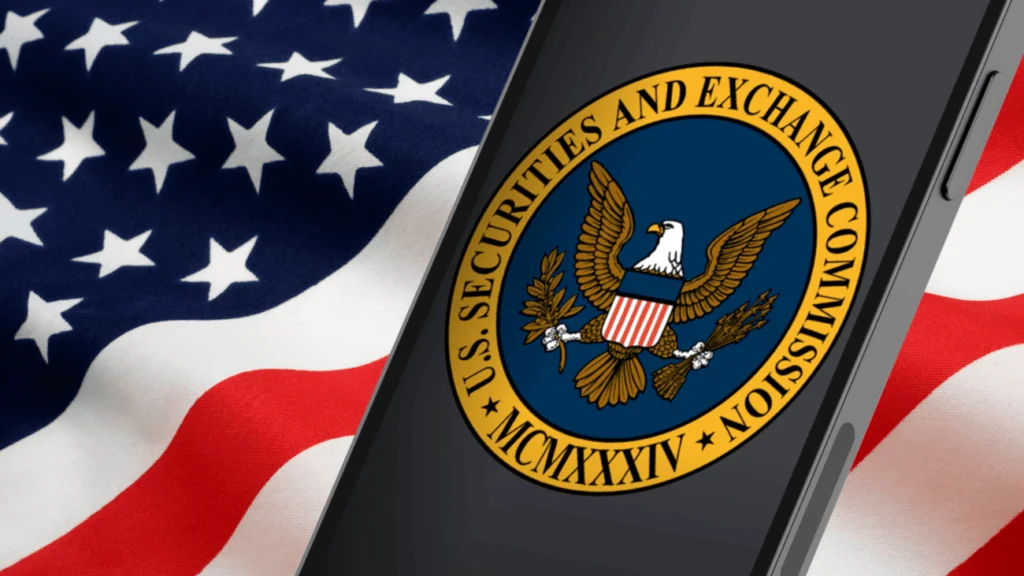House Services Committee Opposes SEC’s Proposed SAB 121, Sparking a heated ‘bone of contention’ between the financial and crypto groups.

The proposed Securities and the Exchange Commission (SEC) Staff Accounting Bulletin 121 (SAB 121), a regulation that has generated considerable controversy and disagreement among the financial and cryptocurrency communities, has been met with opposition from the House Financial Services Committee.
As a result, the committee’s decision to support a resolution that opposes SAB 121 represents a substantial advancement in transforming the crypto asset custody sector in the United States.
Under the leadership of Representative Michael Flood, the resolution contests the SEC’s mandate that financial institutions disclose their clients’ cryptocurrency assets on their balance statements.
Critics assert that banks that wish to engage in digital asset custody are burdened by this position, as it causes an inflationary effect on their balance accounts and has repercussions on their other business operations.
.@GaryGensler is violating the SEC’s statutory mission with SAB 121.
We must pass @USRepMikeFlood's resolution so Chair Gensler’s illegal rule ceases to be in effect.
See my remarks on the resolution below. pic.twitter.com/cn8HQV2cAb
— Tom Emmer (@GOPMajorityWhip) February 29, 2024Based on the votes tallied by the House Financial Services Committee, there is bipartisan support for the bill that would prevent the SEC from approving the controversial guidance, with most supporters outnumbering opponents.
The Effects of SAB 121 on Institutions of Financial
The committee’s criticism of SAB 121 focuses on the perceived constraints it places on the ability of institutions to hold digital assets in custody.
According to Representative Flood, this regulation forces financial institutions to make a challenging decision: either engage in digital asset custody at the expense of their balance sheet health or completely avoid the cryptocurrency market.
Given the recent SEC approval of spot bitcoin exchange-traded funds (ETFs), which depend on non-bank custodians such as Coinbase, Gemini, Fidelity, and BitGo, this dilemma becomes especially urgent.
The committee’s consideration of the resolution marks the initial phase of numerous legislative impediments. The disapproval must be ratified by the House and Senate to be effective.
This action is supported by the Congressional Review Act (CRA), which grants Congress the authority to annul recently implemented regulatory regulations.
Above all, a decision favoring the CRA would preclude the SEC from carrying out analogous directives; thus, the Commission could establish a precedent with this case for analogous future actions.
Enhanced Crypto Crime Investigation Resources
In addition to the resolution opposing SAB 121, the committee approved a bill that sought to bolster the investigative authority of the United States Secret Service in the context of offenses involving cryptocurrencies.
The Combating Money Laundering in Cyber Crime Act aptly exemplifies the increased apprehension surrounding the potential utilization of cryptocurrencies for illicit transactions.
The measure aims to fortify the United States’ defense against cyber crimes, including those associated with cryptocurrencies, by allocating additional resources to the Secret Service. This would safeguard the financial system’s integrity and ensure consumer protection.
